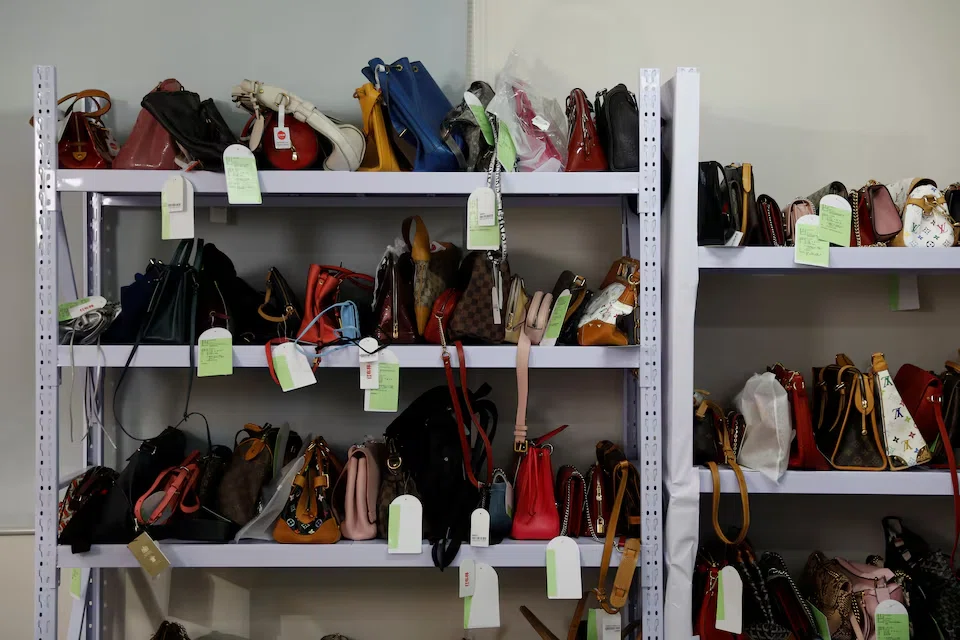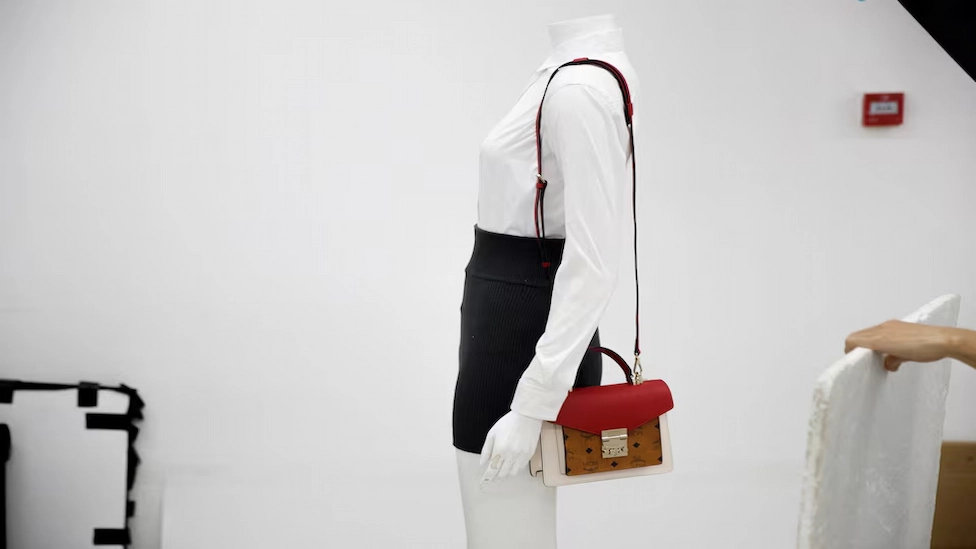China Deflation Price Wars: China’s economy faces deepening deflation. Prices are falling across sectors. Luxury goods like Coach bags now sell for just $30. Consumers like Mandy Li are cutting spending. Property losses and wage cuts hurt household wealth.
Data shows consumer prices dropped 0.1% in May. Experts warn deflation could worsen. Price wars in autos, e-commerce, and coffee raise concerns. Businesses target budget shoppers with deep discounts. Economists fear job losses and more economic strain.
Also Read | China Rare Earth Exports: China Speeds Up Rare Earth Exports to EU Amid Trade Tensions
China Deflation Price Wars: Insights
- Deflation pushes luxury brands to slash prices.
- The second-hand luxury market grows by 20% yearly.
- Discounts reach 90% as competition rises.
- Middle-class incomes shrink, reducing spending power.
- Experts predict store closures in oversaturated markets.
Background
China’s economy has slowed since 2021. A property crisis cut household wealth, and wages dropped in state-owned firms. Oversupply and weak demand fuel China’s deflation price wars. Businesses now compete with ultra-low prices. The second-hand luxury market boomed post-pandemic, but rising supply and fewer buyers created steep discounts.
Main Event
Recent data confirms China’s deflation struggle. Consumer prices fell in May. China deflation price wars rage in retail. Luxury items sell for a fraction of their cost. A Coach bag priced at $454 now goes for $30. Discounts hit 90% in new stores like Super Zhuanzhuan.
Major platforms like Xianyu and Ponhu also see 70% price cuts. Lisa Zhang of Daxue Consulting notes more buyers are shifting to second-hand markets. Sellers face stiff competition, forcing deeper discounts.
One anonymous industry founder warns of store closures. Buyer growth lags behind new sellers. Big cities still have demand, but smaller markets struggle.
University professor Riley Chang checked prices to sell her items. She found stores pushing offers far below expectations. This trend reflects broader economic pain.

During a livestream event for Plum, a second-hand luxury goods platform, handbags were displayed on shelves in Beijing, China, on October 7, 2020.
Photo Credits: REUTERS.
Implications
Lower prices benefit consumers now, but long-term risks loom. Businesses may shut down, costing jobs. Weak demand could prolong deflation. Policymakers face pressure to revive growth. The luxury resale market may shrink if discounts continue.
Conclusion
China deflation price wars signal deeper economic troubles. Experts predict more price cuts and closures. Without demand recovery, deflation may persist. The government must act to stabilize the economy. For now, bargain hunters enjoy rare luxury deals.



